I’ve been dealing with my son waking up at night with tremors and panic attacks. At a recent wedding, my husband had to make an unforeseen exit with him because he couldn’t digest the noise.
As adults, anxiety is hard to deal with in adults but when kids are in question, it’s tougher.
Between my husband and myself, we’ve chewed and digested every possible source of information to understand what the source of anxiety could be.With a great effort amount of observation, patience and effort on our part, we’ve managed to address most of his issues.
If you’re a parent and not sure where to start, here are a few tips and tricks to help you learn what to do if your child has an anxiety issue.
What Are The Kinds OF Anxiety Issues Do Kids Have?
Kids face several kinds of anxiety issues. While I’m not discussing the medical disorders here, some of the commonly occurring are :
Tip 1 To Handling Anxiety In A Child: BE CALM
As a parent, be in control of your emotions. It’s one of the most important things to do. What an onlooker may think not ever cross your mind. Anxiety, at its core, is fear. If your child is experiencing an anxious episode, your own fear will only make the baby crawl into a deeper hole. Be calm.
Tip 2 To Handling Anxiety In A Child: DON’T DISMISS THE FEAR
Please don’t belittle your child’s fear. If your child expresses fear, saying something like “You’ve got nothing to be afraid of” can make the child bottle up the next time. Try acknowledging the fear and seeing how you can help with a response similar to “I see that something is bothering you. Would you like to talk about it?” That opens up those important lines of communication and can help you help your child manage his fears.
Tip 3 For Handing Anxiety In A Child: TEACH YOUR CHILD TO FACE THE ISSUES
Growing up, you were probably told that it’s important to face your fears. This tip may not apply in medical cases but in most situational triggers, it’s a good way to teach your child to handle and address anxiety. Additionally, it’s a good way to teach your child that anxiety can only last for a short time because the body doesn’t like to be anxious.
Tip 4 For Handing Anxiety In A Child: ACCEPT HIS IMPERFECTION
As parents it’s natural to strive for perfection in your child. But this should not lead to focusing on your child’s failures. Instead of berating children because he or she is not perfect, focus on the positive things. Take the approach “the glass is half full.” This heightens the anxiety levels thus pushing the child deeper. Keep that glass half-full, and you might benefit as well.
Tip 5 For Handing Anxiety In A Child: BE A ROLE MODEL
Children definitely embody the old phrase “monkey see, monkey do.” Be a positive role model for your child. This includes self-care and positive thinking. Don’t tell him to ‘ take a few breaths.’ Instead, just sit down with them and say, “Let’s take a few deep breaths together,” and walk them through the exercise.
Tip 6 For Handing Anxiety In A Child: STRESS UPON THE SLEEP
Sleep can be a trigger for such children. Follow a bedtime routine and try to be stable around it. A well rested night makes anxious children more comfortable and more likely to respond positively to a situation. Affirmative talk as part of the bed time routine helps.
Tip 7 For Handing Anxiety In A Child: REWARD AND BE REWARDED
Not only does rewarding brave behavior or overcoming a fear help to reinforce the good that the child is doing for him or herself, but it’s also a great way to create a very strong bond between child and parent. It teaches your child that no matter what happens, you’re the person to turn to.
Remember, just being there — being a shoulder to cry on or your child’s rock to hide behind — is the most important and amazing thing you can do for a little one with anxiety. Everything else is secondary.

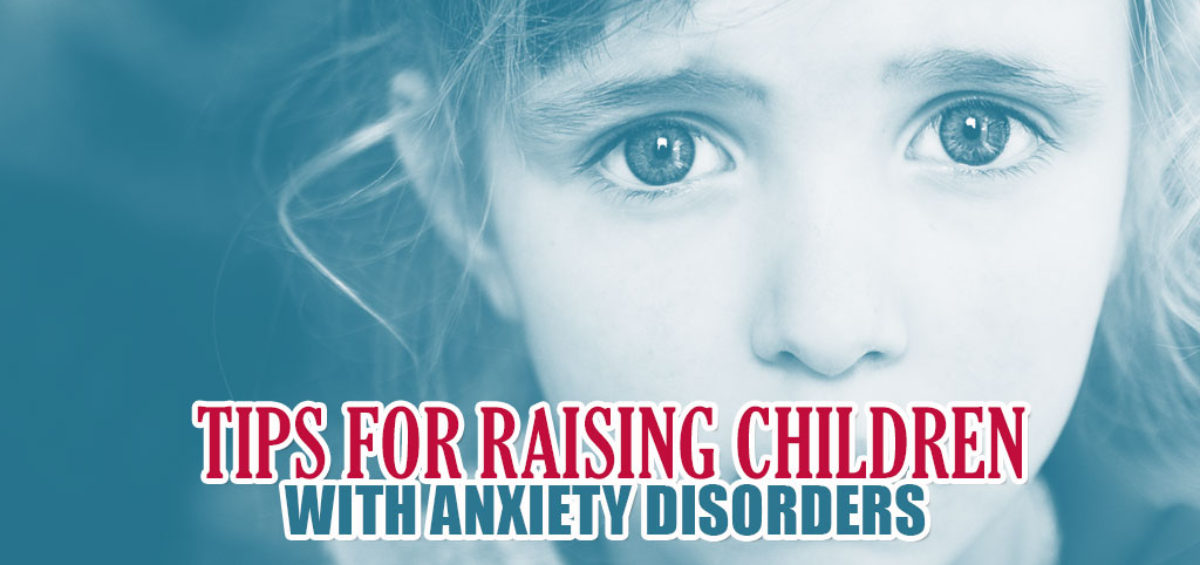
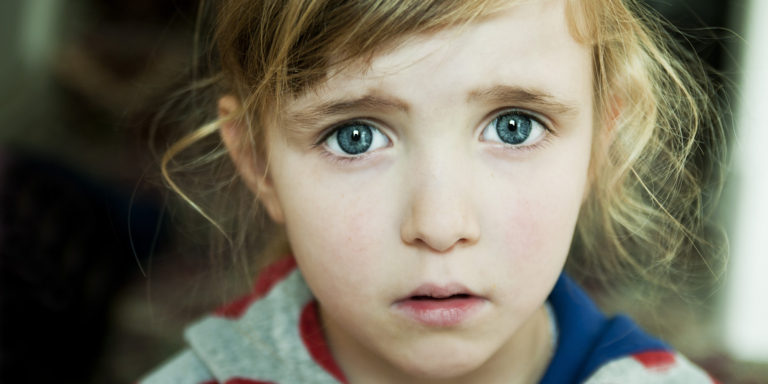
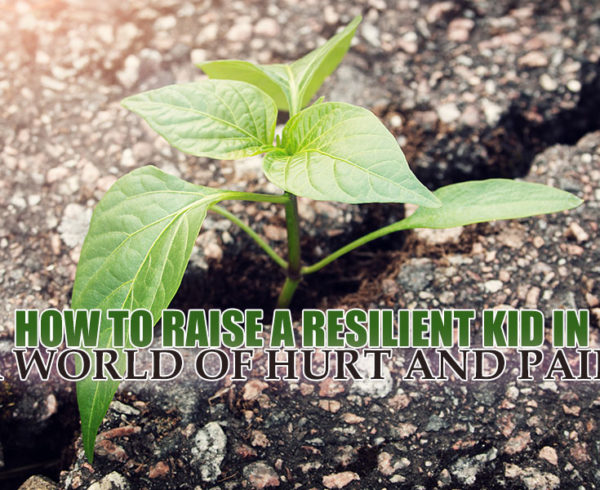
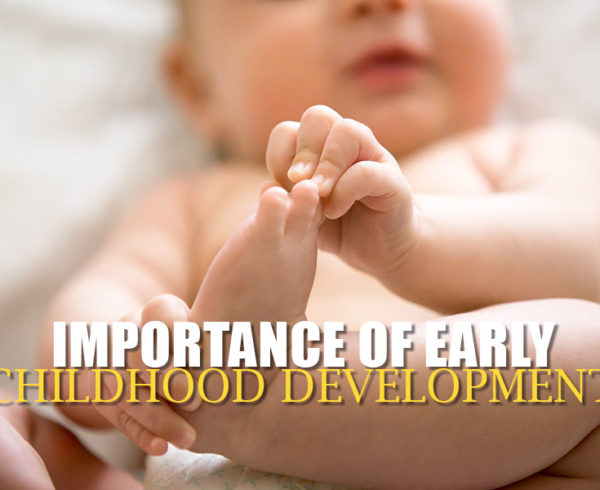
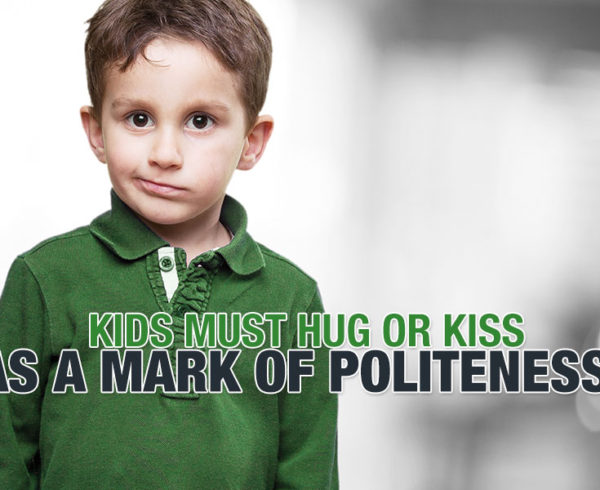
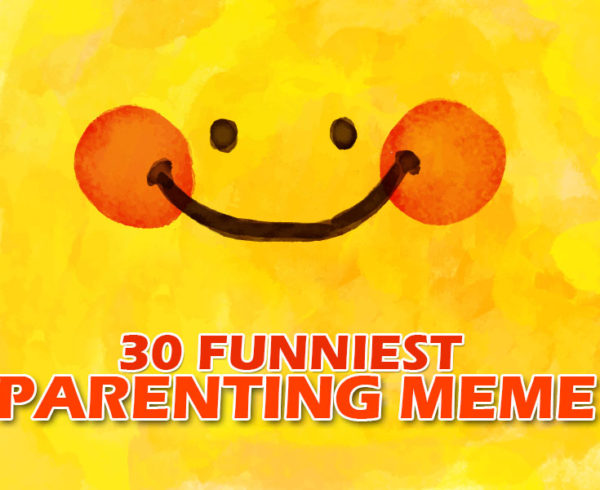
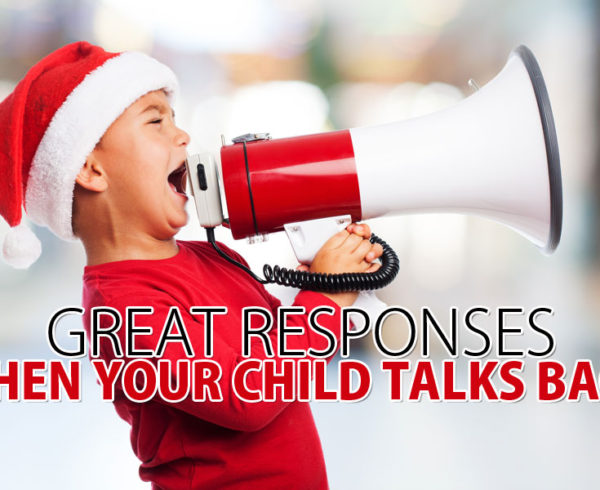

This is such a nice read. This comes to me at just the right time!! My son has been waking up scared as well .
A great tip that my paediatrician gave me was to wake him up a little a few hours into his sleep. Use the pretext of feeding him or taking him to the toilet. This usually breaks the chain of bad dreams or thoughts leaving the child to sleep peacefully.
True, handling kids with anxiety issues is a bit tricky and needs a lot of patience and maturity from parents and caregivers. Those are valid pointers and are a must follow by parents. Thanks for sharing!
I really do hope that my experiences can help.
I have been there, dealing with anxiety issues of my son a few years back. All these tips are quite helpful in handling anxiety issues in children. Additionally, what worked most in our case was lots of hugs.
Ofcourse, hugs. Thanks for sharing that. My older one loves hugs, but my younger one has great ‘body affection ‘ issues. Yet something I’m trying to make my way around.
Not dismissing the fear is very important. We try to convince the child that things will be alright and they so surrender but the fear is still there. You pointed out very important tips.
Great read!!
Thanks. We really do need to make them feel that no matter what, we as parents are there to protect him.
Being a role model is so important! Our kids see and learn from us!
How do you identify that the child has an anxiety issue and at what age does this become apparent?
Hi Mahak, I just elaborted on this to another readers question whose comment is just below yours. Here’s what I have to say:
This is a very open ended question. There can be many factors which give rise to anxiety in kids. Factors are several: genetic, environmental, psychological. All kids suffer from anxiety at some level or the other. Babies don’t like going to strangers, toddlers don’t like the dark, older kids fear monsters, etc. There are certain things that I identified in my child. A broad checklist would be observing for withdrawl, anger, aggression, tantrums, rebellion, bed-wetting, crying. lying, exaggeration or un-realistic lies, being clingy, not wanting to leave the primary care giver, eat/ sleep/bowel movement disturbance and so on.
as a parent there is no right time or wrong time to be vigilant. If you notice something such as this, repeatedly and regularly, speak to a psychologist or your physician.
It’s really important not to dismiss the fear.. Loved reading this post…
I liked the post I would like to know the signs of anxiety in childred. If you can help . So that at a right time a parent can identify anxiety symptoms in a child.
Hi Jiya, This is a very open ended question. There can be many factors which give rise to anxiety in kids. Factors are several: genetic, environmental, psychological. All kids suffer from anxiety at some level or the other. Babies don’t like going to strangers, toddlers don’t like the dark, older kids fear monsters, etc. There are certain things that I identified in my child. A broad checklist would be observing for withdrawl, anger, aggression, tantrums, rebellion, bed-wetting, crying. lying, exaggeration or un-realistic lies, being clingy, not wanting to leave the primary care giver, eat/ sleep/bowel movement disturbance and so on.
as a parent there is no right time or wrong time to be vigilant. If you notice something such as this, repeatedly and regularly, speak to a psychologist or your physician.
being a shoulder to cry on or your child’s rock to hide behind — is the most important and amazing thing you can do for a little one with anxiety. Everything else is secondary. – True, nothing more important than this
That’s a great article to read.
Am sharing it with some of the Mommies I know..surely a helpful post!
Wonderful post. Sharing it as well. Yes it is important to confront the fear of kids. Else they may feel ignored and feel more anxiety.
Thank you so much for the answer of my query
This is such a heartfelt and helpful post. I agree that we parents need to understand the child and help him/her to come out of it instead of making an issue out of it. Great tips.
My little step brother struggled with anxiety. He has grown out of most of it, but it still shows here and there. These are great tips.
This is such a helpful post. You answered my query in your previous comments. Thank you for sharing.
This is very interesting, and these can easily be adapted to our parenting styles and dsipline strategies too.
Thank you!
This is all so very true. My daughter suffers from severe anxiety and we do all of these with her.
Very interesting! I have actually took some notes as it’s such a common thing amongst kids to suffer anxiety. Great post well done
Thanks Amy.
I love how you’ve broken this down into short, actionable steps. I wish I had this checklist last fall when my older daughter was having a rough time with back-to-school anxiety and trying to figure out her place in that year’s school hierarchy!
We just had a meltdown at the bus stop today and my younger one just wouldn’t go. They can’t explain it often, but they show. Hope this really helps you.
I wish my mom would have read this. I still remember that phase in my life. I was not that small to understand things. The dreams made my life hell. They used to be scary, sad and upsetting. I knew I was dreaming but still could not break my sleep. Thankfully the phase passed on its own. Thanks for writing this ..
Awww Anubhuti, hugs to you. I’m so glad it’s over for you. I truly hope this article empowers parents to handle their children better.
Great and helpful post. Its very important first to understand that what is the actual reason behind anxiety of a child. Try to solve the issue if possible and give more attention to the child so that he remain his confidence. Your tips are also great to some extent to cater to this problem. Sometimes my daughter talks uselessly in her sleep.
Often times we dismiss little things considering them to be inconsequential. It’s these that build up to a point of collapse. communicating with your child is key.
I just hope I never have to face this !! But thanks for the tips!! Keeps me prepared
I hope the same for all parents too. But yes, it’s always good to be informed.
This is a serious issue and needs cautious handling. Being a role model and maintaining a night routine will be a great help to the child.
This is an important and delicate issue to tackle. You have given some very useful tips. Not comparing your child should always be the priority.
These are really helpful tips. It is also very important to back knowledge and identify anxiety first. Many people tend to ignore it but if recognize it in time, and deal with it , the child will not develop phobias later in life.
Dealing with anxiety can get tricky with parents ..a great post on a topic less discussed
Anxiety really needs to be handled such. I’ve seen so many parents snub the kids and dismiss fears. It’s sad.
Great one. Common mistakes we commit as parents are very neatly pointed. Parenting is a never-ending learning but the tips like this make it easier. Thank you for sharing.
Superb Article! Glad to read this useful piece of information. Many students feel anxious and stressed during studies. Many times parents dismiss these little things which are making them sick. Its all the responsibility of parents by raising them out from this situation. All these tips are quite helpful in handling these anxiety issues in children. Keep sharing helping stuff to encourage parents and children.